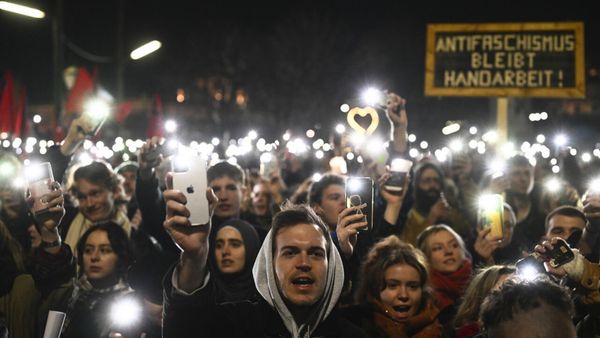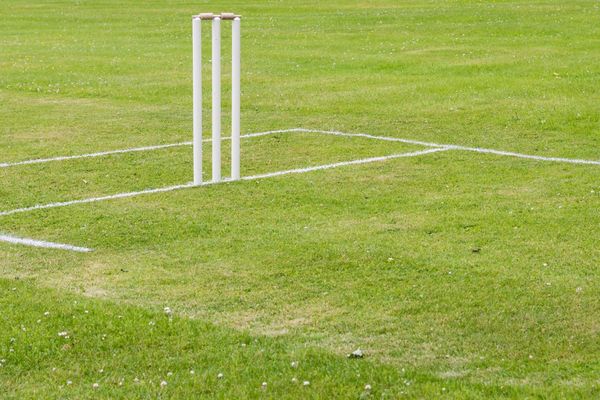Millions of UK residents depending on benefits will be given their second £324 cost of living payment from November 8 - the Government confirmed today.
The second payment comes as half of a £650 total sum paid to those in receipt of Universal Credit, Income Support, Child Tax Credit and certain other state benefits.
The first of which was made back in July, when the Department for Work and Pensions (DWP) said that they would be 'staggered' due to the large amount of people eligible.
Read more: From Universal Credit to PIP - the DWP benefit payments and money changes due this week
The Mirror reports that today the DWP announced that the second payment will land in bank accounts across the UK between November 8 and November 23. Under-fire Chancellor Kwasi Kwarteng said that the targeted support will help people get through the difficult months ahead.
You may get a payment of £650 paid in 2 lump sums of £326 and £324 if you get payments of any of the following:
- Universal Credit
- income-based Jobseeker’s Allowance (JSA)
- income-related Employment and Support Allowance (ESA)
- Income Support
- Pension Credit
- Child Tax Credit
- Working Tax Credit
Those who qualify through Tax Credits only will be paid after November 23. The DWP says: "Payments from HMRC for those on tax credits only will follow shortly after each to avoid duplicate payments."
The Government said the payment will be made separately from your benefit. Work and Pensions Secretary Chloe Smith said: "Millions of families will soon see a £324 cash boost as part of our extensive £1,200 support package, helping to raise incomes and manage the rising cost of living.
"We understand that people are struggling which is why and we’re committed to supporting the most vulnerable households. That’s also why we are focused on driving growth and delivering quality public services so we can continue to support those in need through these challenging times while boosting opportunity for all."
Chancellor Kwasi Kwarteng added: "We know that people have been worried about their bills ahead of this winter, which is why we’ve taken decisive action to hold down energy bills, saving the average household around £1,000 a year, and provided £1,200 of targeted support to the most vulnerable.
"Without our intervention, analysts were predicting that the average annual energy bill could have reached £6,500 next year. We were never going to let this happen."
In a small minority of complex circumstances, claimants may be paid automatically after November 23, 2022 – for example, if they were deemed unable to claim certain benefits, but won backdated entitlement on appeal, or where payments were rejected due to invalid account details.
The DWP says it will seek to contact claimants directly in the very small minority of cases where there are issues or delays.
Read more:
- Mortgage warning as homeowners face paying £10,000 a year more if interest rates keep rising
- Energy bills price freeze: What you need to know about the changes coming this weekend
Expert shares 7 ways for families to get a cheap holiday for this October half term
Plumber warns people not to dry clothes on radiators during cost of living crisis
Easy trick to beat price increase if you have an old pre-pay meter







